Rising nighttime temperatures prevent sleep recovery and increase heat-related health risks that most people don’t recognize.
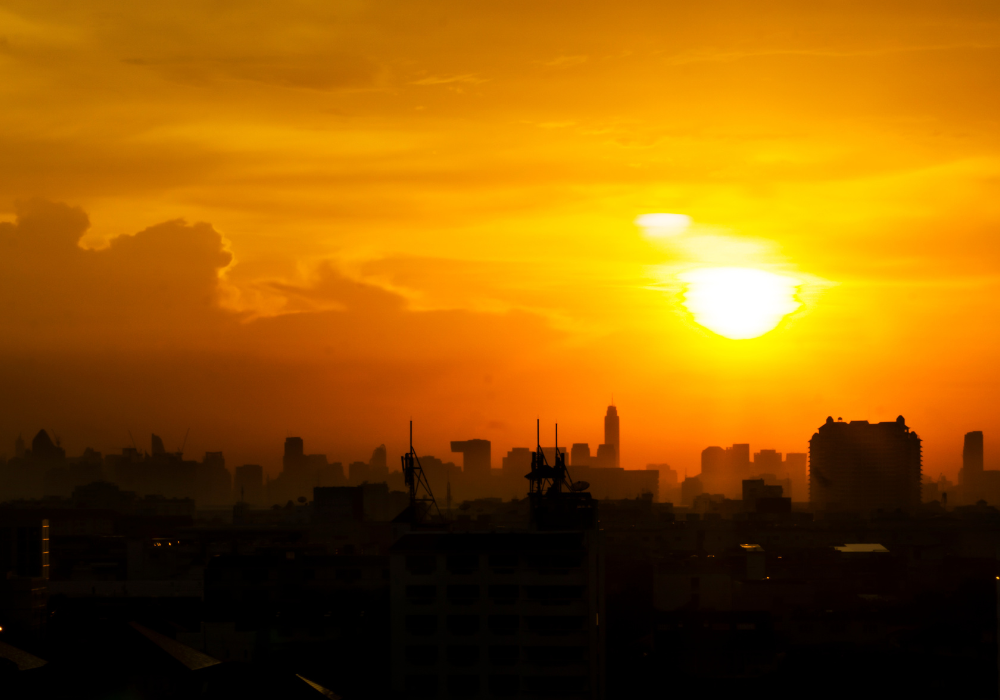
You probably think the worst part of a heat wave is over once the sun goes down, but you’re dead wrong. While everyone focuses on scorching daytime temperatures, something much more sinister is happening after dark — and it’s getting worse every single year.
Nighttime temperatures are rising twice as fast as daytime highs, creating a hidden health crisis that most people don’t even realize is affecting them. Your body desperately needs those cool nighttime hours to recover from daily heat stress, but that recovery time is disappearing. What happens when the night no longer offers refuge from the heat?
1. Your body can’t cool down at night like it’s supposed to.
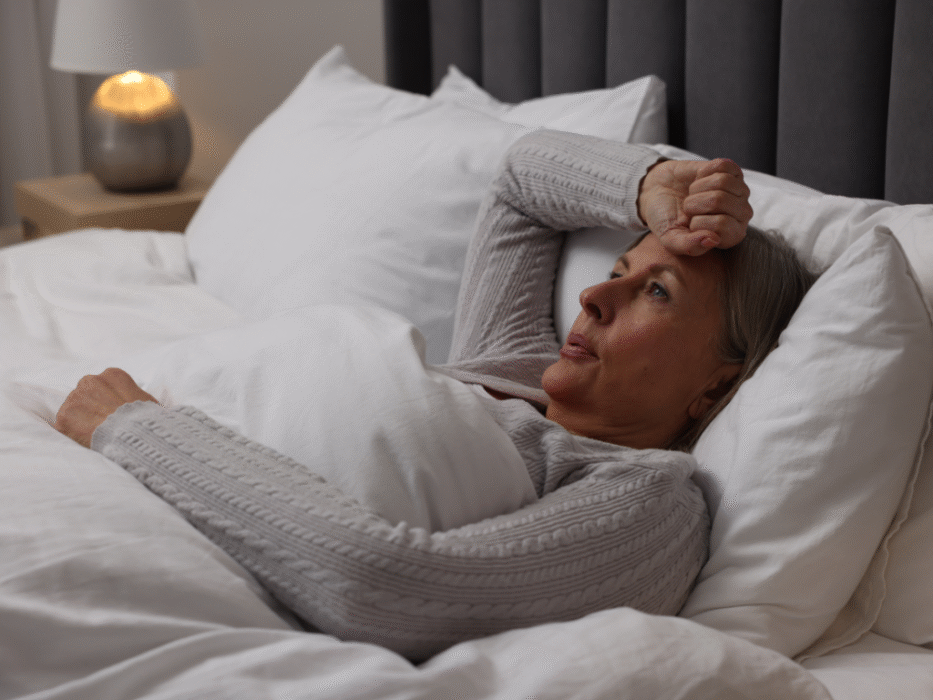
Normally, your core body temperature drops by 1-2 degrees Fahrenheit during sleep, which is essential for proper rest and recovery. But when nighttime temperatures stay above 77°F, your body can’t achieve this crucial cooling phase. Sleep researchers have documented people maintaining daytime body temperatures throughout the night during heat waves.
This means your organs never get the temperature break they need to repair and restore themselves. Without nighttime cooling, your body essentially runs in overdrive for 24 hours straight, leading to exhaustion and health complications.
2. Hot nights destroy your sleep quality completely.

When temperatures don’t drop below 75°F at night, your sleep architecture completely falls apart. You spend less time in deep sleep and REM sleep, the stages where your body does its most important restoration work. Studies show that people get 30% less restorative sleep during warm nights compared to cool ones.
This isn’t just about feeling tired — poor sleep from heat exposure weakens your immune system, impairs memory formation, and increases your risk of accidents the next day. Hot nights literally steal your body’s ability to recover from daily stress.
3. Your heart works overtime all night long.
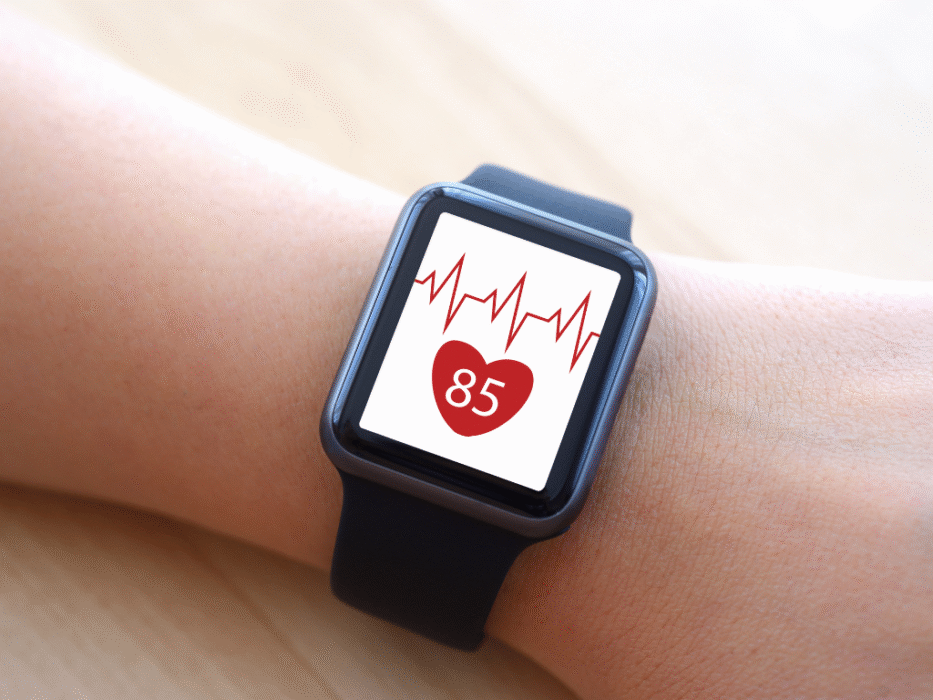
Hot nighttime temperatures force your heart to pump faster and work harder throughout the night to help your body cool down. Cardiologists have found that heart rates can increase by 10-15 beats per minute during warm nights as your cardiovascular system struggles with temperature regulation.
For people with existing heart conditions, this extra nighttime stress can trigger dangerous cardiac events. Emergency rooms see significant spikes in heart attacks and strokes during periods of sustained nighttime heat, particularly among elderly patients whose hearts can’t handle the additional workload around the clock.
4. Your brain can’t clean itself properly during hot nights.
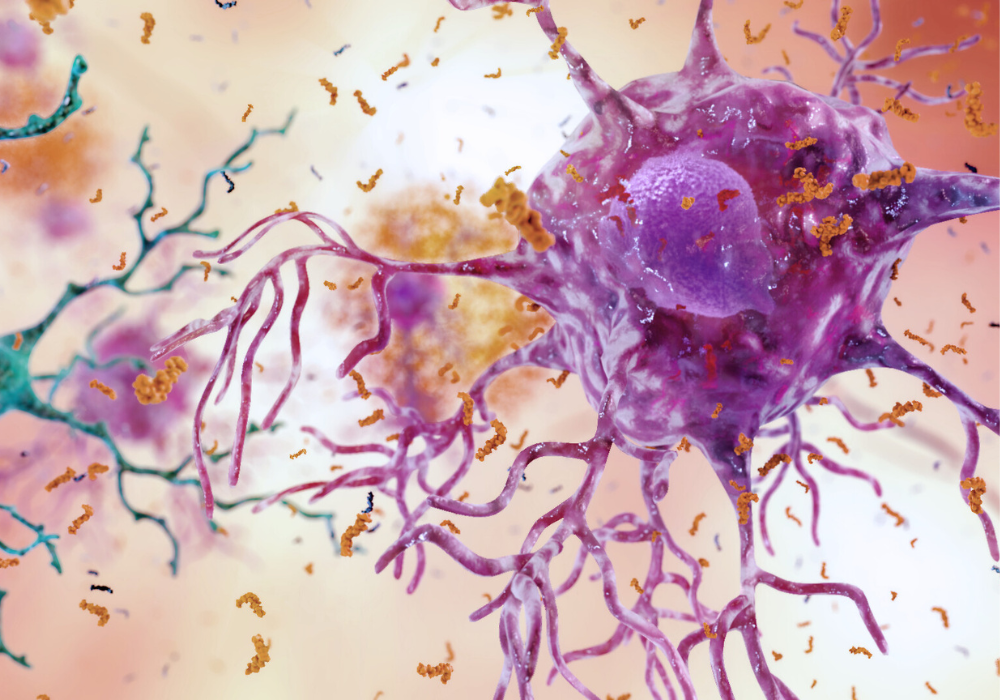
Your brain has a built-in cleaning system called the glymphatic system that works most effectively during cool, deep sleep to flush out metabolic waste and toxins. When hot nights prevent proper sleep, this crucial brain maintenance doesn’t happen effectively.
Neuroscientists have found that people sleeping in warm conditions accumulate more brain toxins associated with Alzheimer’s disease and cognitive decline. This means that sustained hot nights aren’t just making you tired — they’re potentially accelerating brain aging and increasing your risk of dementia by preventing your brain from performing essential nightly maintenance.
5. Nighttime heat makes you dehydrated faster than daytime heat.

During hot nights, your body continues sweating and losing fluids while you’re unconscious and not drinking water for 6-8 hours straight. Sleep specialists have measured significant dehydration in people sleeping through warm nights, sometimes losing 2-3 pounds of water weight. This nighttime dehydration is particularly dangerous because you’re not aware it’s happening and can’t respond by drinking more fluids.
Severe dehydration during sleep can lead to kidney stress, blood pressure problems, and dangerous electrolyte imbalances that persist into the next day, making you more vulnerable to heat-related illness.
6. Hot nights increase your risk of heat stroke even while sleeping.

Most people think heat stroke only happens during intense daytime activity, but emergency room data shows increasing cases of nighttime heat-related illness. When your body temperature stays elevated for hours without relief, heat exhaustion can progress to heat stroke even during rest. Paramedics report more nighttime emergency calls during heat waves, particularly for elderly people and those without air conditioning.
The danger is that heat stroke symptoms develop gradually during sleep, so people don’t realize they’re in medical distress until morning when they may already be experiencing organ damage or neurological problems.
7. Warm nights worsen existing health conditions dramatically.

Chronic conditions like diabetes, kidney disease, and respiratory problems become significantly more dangerous during sustained nighttime heat. Diabetics experience more blood sugar fluctuations during hot nights as heat stress affects insulin sensitivity and metabolism. People with kidney disease face additional strain as their organs work harder to regulate body temperature and fluid balance.
Asthma and COPD patients struggle more with breathing when hot air persists through the night, leading to increased emergency room visits and medication use during heat waves with elevated nighttime temperatures.
8. Your immune system weakens when nights stay too warm.
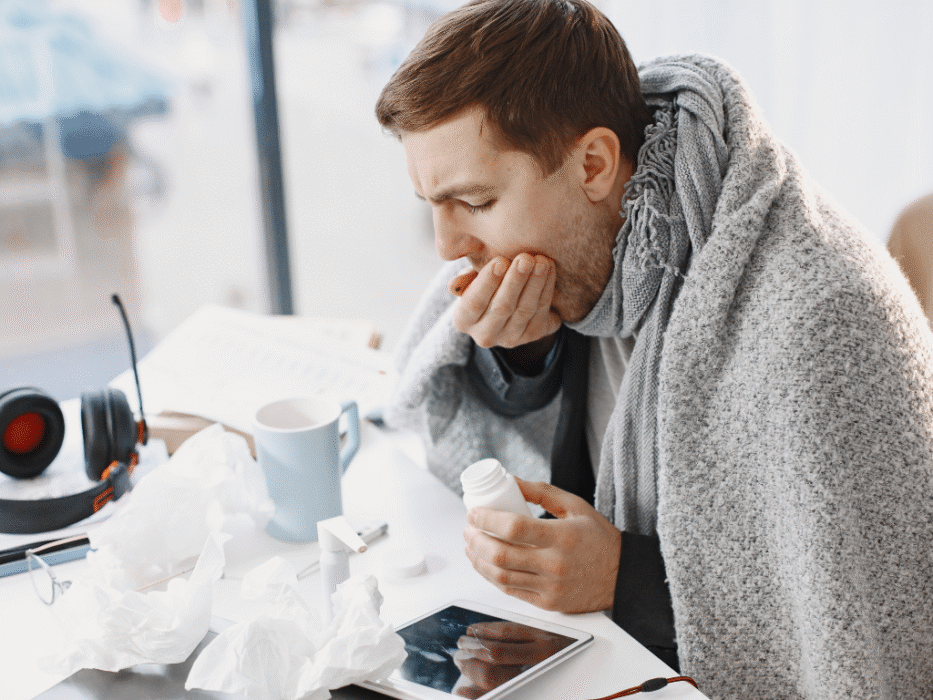
Hot nighttime temperatures suppress your immune system’s ability to produce infection-fighting cells and antibodies during sleep. Immunologists have found that people exposed to sustained nighttime heat show decreased white blood cell function and reduced antibody production. This immune suppression makes you more susceptible to infections, slower to heal from injuries, and less responsive to vaccines.
During heat waves with elevated nighttime temperatures, hospitals typically see increases in infections, slower wound healing, and more complications from routine medical procedures as patients’ immune systems struggle under heat stress.
9. Nighttime heat affects your hormones and metabolism permanently.

Sustained warm nights disrupt the production of crucial hormones like growth hormone, cortisol, and melatonin that regulate everything from metabolism to mood. Endocrinologists have documented significant hormonal changes in people exposed to chronic nighttime heat, including increased stress hormones and decreased growth hormone production.
These hormonal disruptions can lead to weight gain, mood disorders, and metabolic problems that persist even after temperatures cool down. Your body’s natural circadian rhythms become permanently altered when nighttime temperatures consistently prevent proper hormonal cycling during sleep.
10. Hot nights are becoming more frequent and dangerous everywhere.

Climate data shows that nighttime temperatures are rising twice as fast as daytime highs across most of the United States, with some areas experiencing 20-30 more hot nights per year than just a decade ago. Cities are particularly vulnerable because concrete and asphalt store heat during the day and release it slowly at night, creating urban heat islands that prevent cooling.
This trend is accelerating, meaning that relief from daytime heat will become increasingly rare. Communities need to prepare for a future where dangerous nighttime heat becomes the norm rather than an occasional extreme weather event.